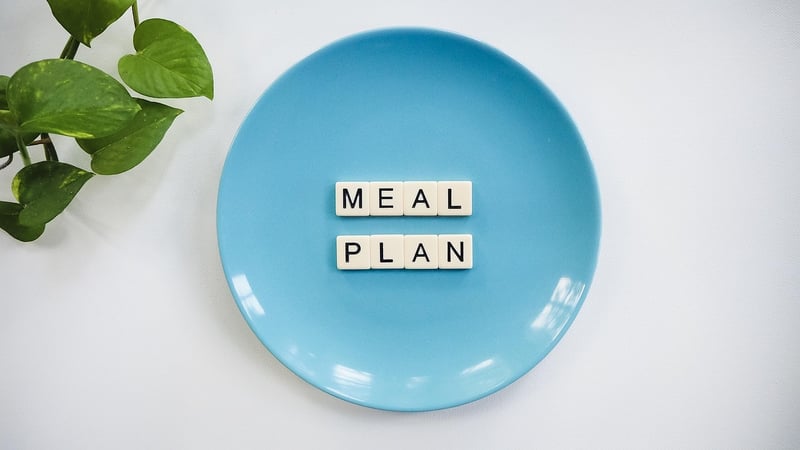Balanced Diet Plans
Food Choices for Health and Balanced Diet Plans
Eating a well-balanced diet is essential for maintaining good health and overall well-being. By choosing the right foods, you can provide your body with the necessary nutrients it needs to function properly and stay healthy. Here are some food choices and balanced diet plans to help you achieve optimal health:
1. Fruits and Vegetables
Include a variety of colorful fruits and vegetables in your diet. They are rich in vitamins, minerals, and antioxidants that help boost your immune system and reduce the risk of chronic diseases.

2. Whole Grains
Opt for whole grains such as brown rice, quinoa, and whole-wheat bread over refined grains. Whole grains are high in fiber and nutrients, which can help improve digestion and lower the risk of heart disease.

3. Lean Proteins
Choose lean sources of protein such as chicken, fish, tofu, and legumes. Protein is essential for building and repairing tissues in the body and helps you feel full and satisfied after meals.

4. Healthy Fats
Incorporate healthy fats like avocados, nuts, seeds, and olive oil into your diet. These fats are important for brain health, hormone production, and absorbing fat-soluble vitamins.

5. Dairy or Dairy Alternatives
If you consume dairy, choose low-fat options like yogurt and milk. For those who are lactose intolerant or prefer plant-based options, there are many dairy alternatives available such as almond milk and soy yogurt.

Sample Balanced Diet Plan:
Here is a sample balanced diet plan to help you get started:
- Breakfast: Greek yogurt with mixed berries and a sprinkle of chia seeds
- Lunch: Grilled chicken salad with mixed greens, cherry tomatoes, and a balsamic vinaigrette
- Snack: Carrot sticks with hummus
- Dinner: Baked salmon with quinoa and steamed broccoli
Remember to drink plenty of water throughout the day and listen to your body's hunger and fullness cues. Making small, sustainable changes to your diet can have a big impact on your overall health and well-being.
Consult a healthcare provider or a registered dietitian before making significant changes to your diet, especially if you have any underlying health conditions or dietary restrictions.
